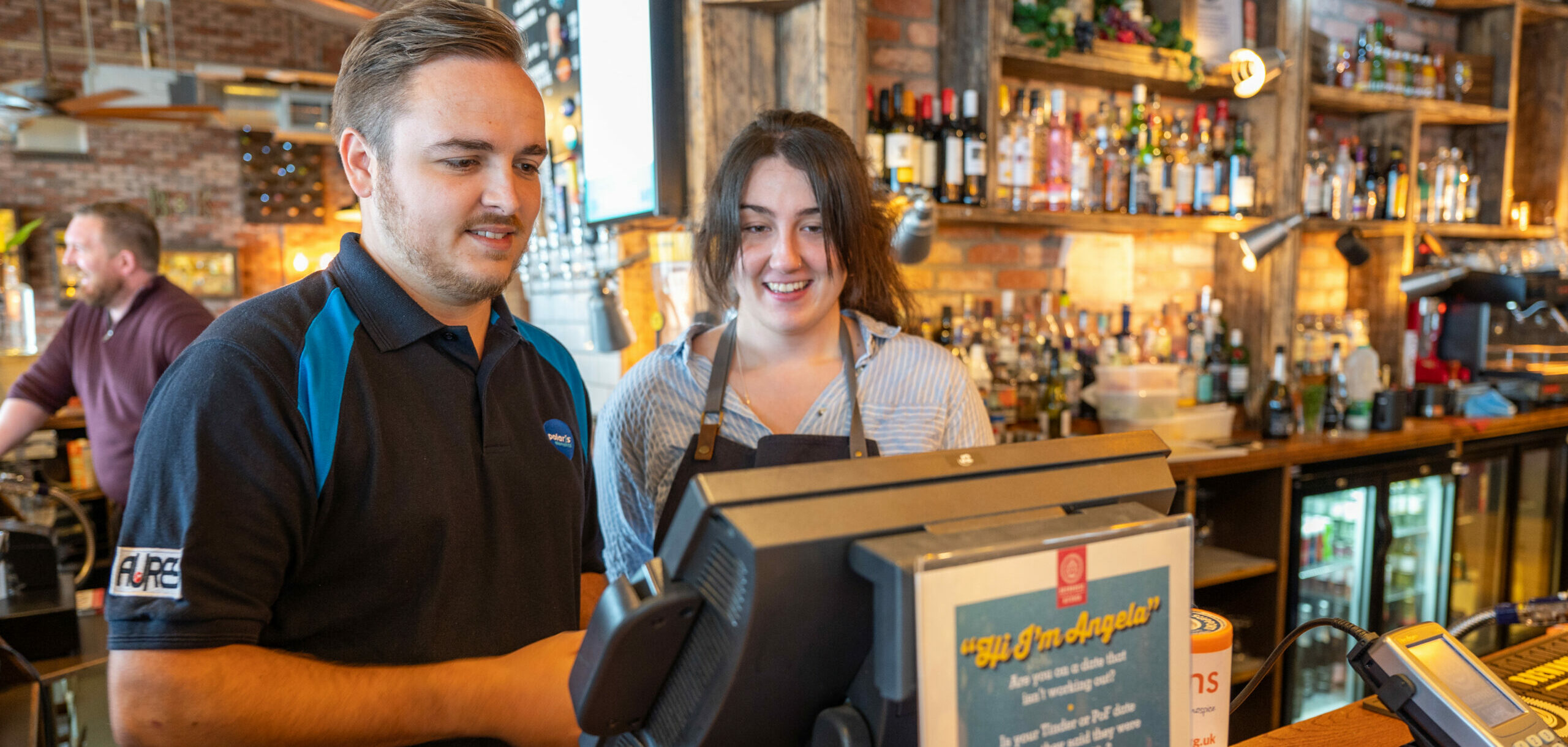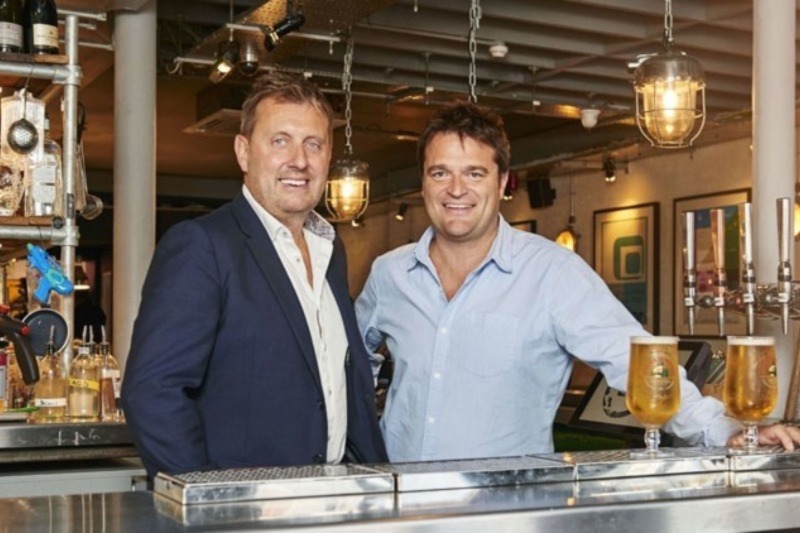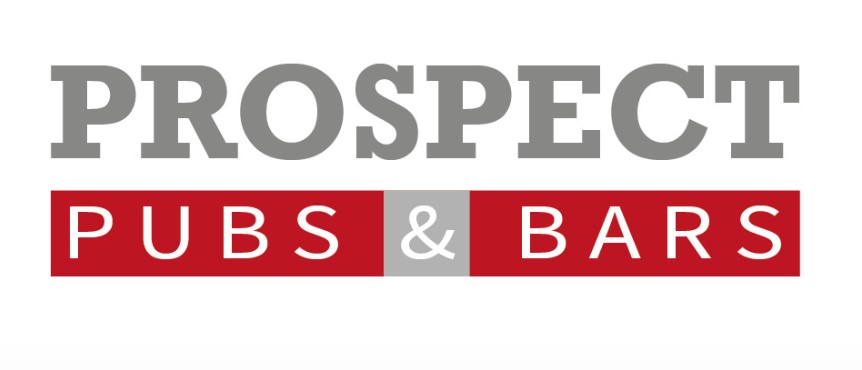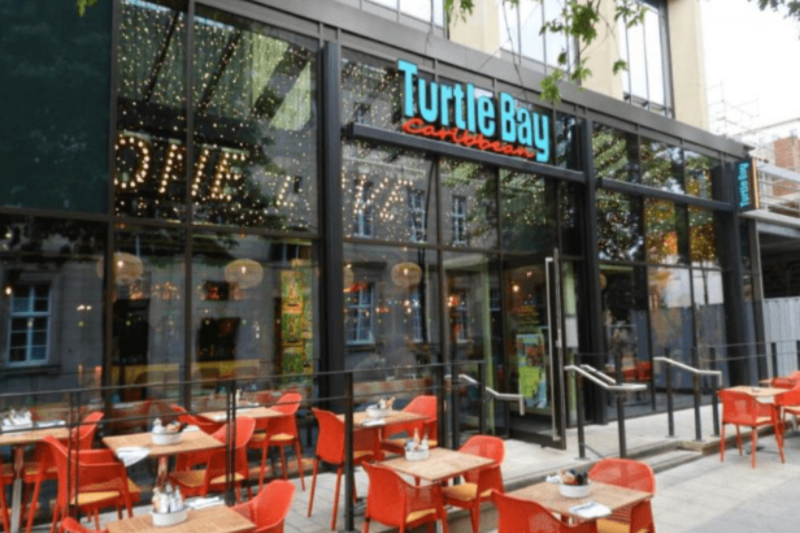In the current climate of ever-increasing costs, rising inflation, and supply chain issues, it has never been more important to ensure that your business has a tight rein on ordering stock and inventory and menu management to ensure that waste is kept to a minimum.
The Waste and Resources Action Programme (WRAP), estimates that over 400 000 tonnes of food waste is generated by the hospitality sector each year equating to over £682 million in lost revenue.
Not only that, but the waste is especially harmful to the environment, decomposing food emits methane gas which is 25 times more harmful to the atmosphere than carbon monoxide.
In this article, we would like to share with you several strategies that can easily be introduced to help reduce food wastage.
Practice stock rotation:
Adopt First in First Out (FIFO), when storing new stock items always ensure that you place it behind the current stock, ensuring that you use the oldest stock first.
Manage Stock
- Check orders v delivery – ensure that you always cross-check your order against deliveries
- Avoid overbuying/anticipating demand – use historical information available through a stock management system.
- Keep a stock inventory, you should always know exactly which foods you have in stock and how much.
- Menu management
- Remove/adapt unpopular dishes – have a plan B for the ingredients
- Rethink potion size (control)
- Batch – Often popular as this method of preparation does save time however, where possible moving away from this practice will lead to a reduction in waste.
- If you offer a buffet – There are several pitfalls, overestimating demand can lead to a lot of waste after service. Also, there can be a tendency for customers to create a lot of leftovers by pilling on the sides and additional plates, to help cut down on this practice, don’t offer trays.
Train your teams:
Ensure that your teams are trained in the following:
Health & Safety not only from a compliance perspective, but 21% of all waste is from food spoiling – ensure that everything is stored correctly, the team must know how to avoid cross-contamination and prepare food correctly.
Stocktaking – How to stock take effectively recording low stock, label correctly highlighting best by and use-by dates.
Train your team to pay attention to what is being left on plates look for trends and if needed change your menu. For example, if customers are frequently leaving salad, chips or garnishes reassess whether they should be on the menu, adjust pricing and offer them as an extra side?
Communication is key, regular one to ones, team meetings are vital to keeping staff informed of stock levels, advising which dishes should be pushed by the Front of House team, as well as highlighting overstock or stock close to use-by dates which need to be incorporated into the menu by your chefs.
It is also vital to congratulate the team on savings, share successes with staff and where there is a need for improvement, brainstorm with the team as to how you can improve, and avoid a blaming/critical atmosphere. The problem solving, we are all in this together approach, will help to engage the team with the strategy rather than being fearful of wastage.
Have a plan for leftover food
- Recycle – where possible recycle ingredients and use vegetable peelings/bones for stocks and soups if a menu item proves to be unpopular use the ingredients in an alternative dish.
- Offer “doggy bags” to customers, this is a customary practice on the continent and in the US.
- Offer to staff – at the end of shifts rather than going to waste offer leftovers to members of the team to take home.
- Donate leftovers to food banks or local charities; a good example is the FareShare scheme
- Compost – the general rule is that everything except meat, fish and dairy can be used in compost.
There is also a strong business case to invest in technology to support reducing food waste. (Champions12.3)
Summary findings:
After introducing food waste strategies, Champions analysed the waste from 114 restaurant sites, located across 12 countries, and calculated the following results:
- The average benefit-cost ratio for food waste reduction was 7:1 over three years.
- Within the first year of implementing a food waste–reduction program, 76 per cent of the sites had recouped their investment. Within two years of implementing a program, 89 per cent of the sites had recouped their investment.
Click here to read the report in full
How Quantum can help:
Launched in 2022, we developed Polaris Quantum on the back of feedback from clients looking for an integrated system that considered menu management, stock management and procurement.
Stock levels: Quantum allows users to have up to date stock information.
Monitoring waste: Quantum also allows clients to monitor waste and the root cause such as spoilage, training and plate waste, allowing them to analyse the data to improve waste management processes and policies.
To discuss how we can support your business and a demonstration, please contract our sales team on 0203 198 8000 or email info@polaris-elements.co.uk










